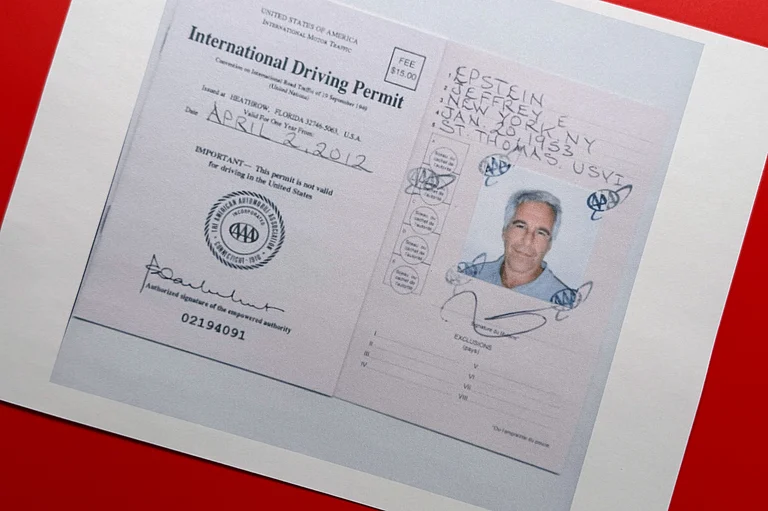Let's begin by saying what the research is not about. First, it's concerned exclusively with state governments. It makes no claims about central government coalition politics. It would be politically convenient but methodologically wrong to extend the conclusions of this study to talk about Delhi coalitions. Since the baba log dislike dhotiwallahs and lungiwallahs messing about in Delhi and prefer two-party rule, I think this is an important point to assert as I can think of several chatterati with pretensions to being economists who would happily misinterpret this academic work.
Second, it covers the period 1967-68 to 1992-93. Thus, it tells us nothing about whether contemporary coalitions have been more or less undisciplined than single-party governments. Relevant chatterati, please note.
Third, in the period covered, as many as 10 of the most unstable coalition governments happened in a single year - 1967-68. The frequency of coalitions then fell concomitantly with the rise of the Congress and the solidification of the Left Front in Kerala and West Bengal. So, the study begins with a period of coalition government and ends in a period of coalition government. Both periods are short. The context of the bulk of the study is one in which there was one-party rule at the Centre and in a majority of states. Coalitions were an aberration. The domain of the research is not one in which unstable coalitions are the norm. This may cause bias if it is used to talk about periods where they are - like the present.
The research also raises some substantive issues. There's a distinction between fragile governments and profligate governments. It proves that coalitions with more pivotal partners (partners who can bring down a coalition by withdrawing) are more fragile. To show that more fragile governments are more profligate, he uses econometric techniques that show a positive correlation between fragility and fiscal profligacy. How well does his econometric research substantiate this correlation?
In his aggregate analysis, Dutta doesn't find that unstable governments are any worse in collecting taxes. Nor does he find conclusive econometric evidence to say unstable coalitions run higher revenue deficits (or lower surpluses) than other types of government. What he finds is that unstable coalitions have higher revenue expenditure (as a proportion of gdp) than other types of government.
This last conclusion is, to me, econometrically respectable but intuitively problematic - not uncommon in economic policy debates. In a situation where revenue expenditure has been consistently rising in most states since the early '70s, one needs to show that replacement of an unstable government by another type would lead to a fall in government revenue expenditure. In other words, replacing the Shiv Sena-bjp coalition with a Congress coalition in Maharashtra would result in a fall in revenue expenditure and vice versa. But all the econometric evidence allows us to conclude is that there's reasonable statistical evidence that a Sena-bjp type coalition at any point of time is likely to have higher revenue expenditure/gdp ratios than, say, a Congress government in Madhya Pradesh.But this isn't the same as saying that an unstable coalition will be more profligate than a stable one in the same state. Single-party rule in Uttar Pradesh or Maharashtra would not result in lower levels of revenue expenditure.
Moving on to the analysis of individual states, the picture is more clouded. Dutta analyses Orissa, Bihar, Punjab and UP. Only in Bihar does he find strong evidence that unstable coalitions are more profligate than other types of government. In UP, unstable coalitions are fiscally more profligate but it can't be said the more unstable a coalition in UP, the more profligate it is. In Punjab, unstable governments collect higher tax revenues and there's thin evidence they're more profligate than stable ones. The results for Orissa support no strong conclusion. I feel there are far too many things wrong with Bihar to be able to pinpoint unstable coalitions as the major reason for its fiscal profligacy.
Thus, there are substantive reasons to dispute the popular notion that unstable coalitions are more profligate than stable governments. So, my conclusion is that far from 'conclusive proof', the domain and content of the research opens - rather than closes - debate on the profligacy of coalition governments. India's aggregate economic record bears this out. Large, rising revenue deficits and poor control over revenue expenditure have been a feature of central and state governments since the late '70s. Tax effort has faltered through 1970-99, irrespective of the government of the day. Bihar has experienced a bankruptcy in fiscal governance irrespective of the ruler in Patna.
What Dutta's innovative quantitative research does is to make me ask the reverse causal question: Has historically poor fiscal governance by upper-caste-elite-dominated parties like the bjp and the Congress generated the space for unstable political formations who falsely claim to represent the disempowered enfranchised? Now this would be an interesting hypothesis to test. Any takers?
(The author is a political economist at the University of London. E-mail: rr1@soas.ac.uk)


























